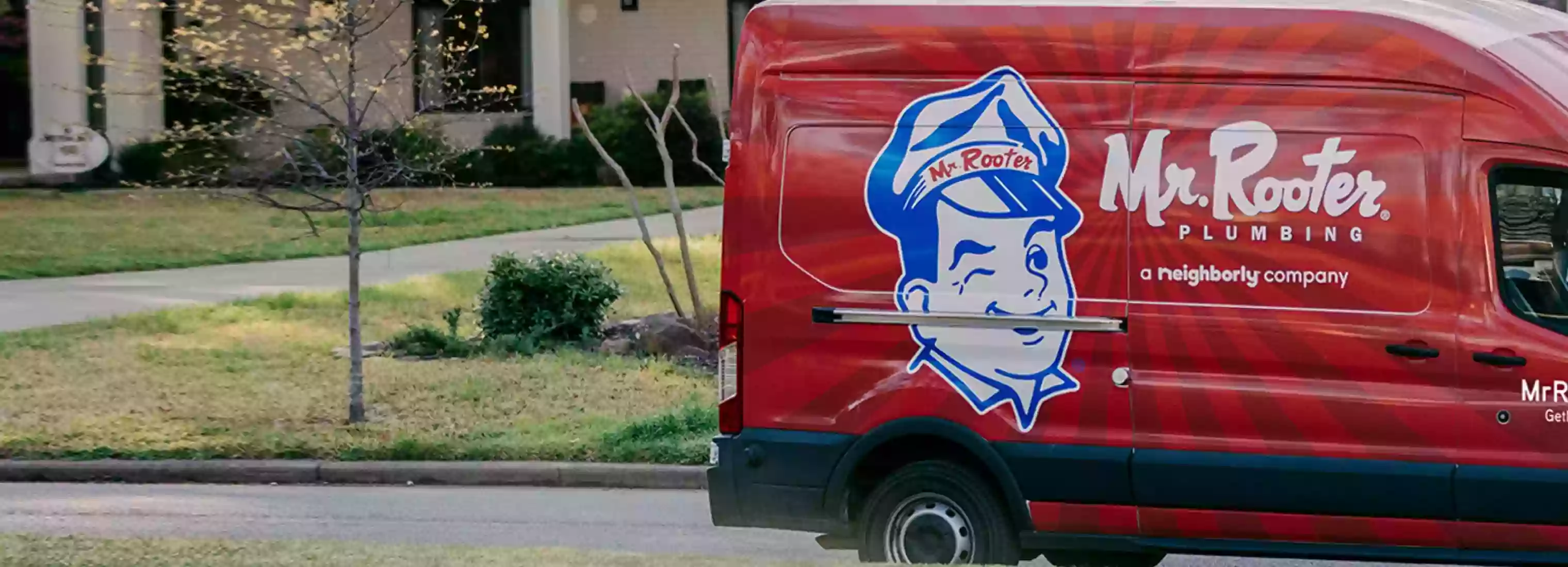How to Prevent Freezing Pipes During a Memphis Cold Spike
Avoid the Dreaded Pipe Burst
Memphis might have mild winters most of the time, but it’s not unheard of for frigid weather to occur and strain piping systems. Temperatures drop, and pipes freeze with water inside, expanding the water volume within. 20 degrees Fahrenheit is the standard temperature around when problems begin to occur.
As water freezes and takes up more space, it places pressure on your pipes, which can burst in response. And since areas with warmer climates don’t always have measures in place ahead of time, these are situations where you’re more at risk for frozen pipes. We don't want that to happen to you, which is why we curated our best tips below.
Steps to Protect Your Pipes
When you’re not rushing to keep things safe during a freezing weather spell, you’ll most likely have a lot more time you can dedicate to long-term prevention and safety upgrades.
Consider taking these steps to protect from pipe bursts:
- Add insulation to water pipes in the walls of attics, basements, and crawl spaces
- Seal around vents and light fixtures to stop heat from escaping
- Ensure that all cracks, doors, and windows are thoroughly caulked
- Replace copper pipes with PVC, PEX, or another material that’s less susceptible to rupturing
- Install sleeve-type insulation on interior pipes to help keep them above 20 degrees F
Which Pipes are Most Likely to Freeze?
You’ve got an entire system of pipes, so they can’t all freeze, right? The fact is, the risk varies based on where they are.
The most vulnerable pipes are:
- Found in unheated interior spaces, such as basements, attics, and garages
- Swimming pool and sprinkler supply lines
- Pipes running along exterior walls with little insulation
- Pipes made from copper or galvanized steel
Warning Signs of Freezing Pipes
Even if they don’t burst open, as they freeze, it's likely for cracks to form along the piping. You won’t notice that your frozen pipes have a crack until they thaw, and water begins leaking throughout the property. That makes it all the more critical to know the warning signs:
Lack of Water: One of the first telltale signs comes when you turn a faucet on. If only trickles of water are coming out or nothing at all, something is wrong. If you’ve ruled out the possibility of your water being shut off or a leak elsewhere on the property, it’s highly likely you’ve got pipes that are freezing up.
Noisy Pipes: If you hear banging, gurgling, or creaking noises, take it as a sign that your pipes are trying to tell you they’re getting too cold.
Bulging Pipes: You can often see a noticeable change in size as the pipe bulges to accommodate expanding water.
Condensation: Pipes will start to frost over, and you may even begin to see surface cracks forming, which are a surefire sign that it’s too cold.
Foul Smells: Bad odor coming from faucets is a common indicator of a freezing exterior sewer line.
If you find frozen but not burst pipes, you have a couple of solutions:
- Call a professional plumber to carefully begin the thawing process, or
- Thaw them yourself (be sure you’re aware that the problem can get much bigger if handled improperly)
Inclement Weather = Emergency Pipe Burst Prevention
Since no one wants to find themselves worrying about whether those clanging noises are from pipes that are going to create major problems, let’s go through preventative measures you can take as soon as a concern arises:
- Drain water from pipes that have a higher likelihood of freezing
- Disconnect, drain, and store any exterior hoses, closing the access points securely
- Open kitchen cabinets to allow for warm air circulation around those pipes
- Protect water lines by closing any garage doors
- Don’t let your thermostat fall below 55 degrees Fahrenheit when you leave your home
- Start a small but steady drip of cold water from several faucets to keep water flowing
Pro tip: If you’re out of town when the weather takes a turn, get in contact with a neighbor or friend that lives nearby for help keeping your pipes intact.
Finding yourself in a situation where the warning signs are already evident means that you should move quickly to mitigate issues.
Methods for physically warming your pipes up can include:
- Using a hairdryer to slowly move along the frozen section
- Directing a portable heater at the pipes
- Soak towels in hot water and wrap them around pipes, re-soaking as the pipes cool the towels
- Plug in a heating cable or heating pad to attach to the pipe
Pro tip: NEVER leave heat sources unattended and keep heaters away from flammable materials.
If you find yourself facing freezing pipes during a Memphis cold spike, don’t hesitate to get in touch! Our team is available by phone for 24/7 emergency response.
 Click to call
Click to call


